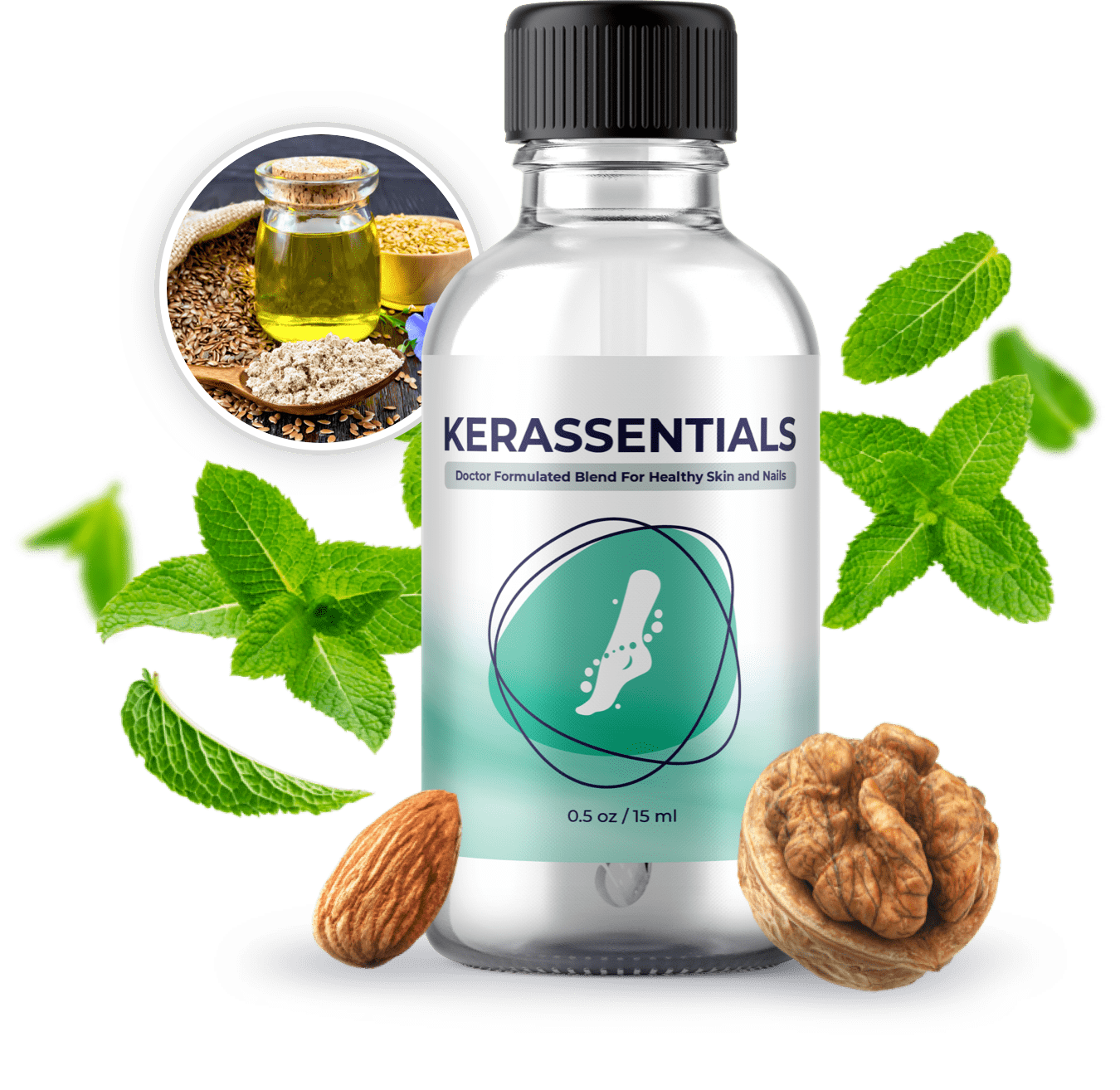Whether you’re working through your evening routine, luxuriating through eight uninterrupted hours of sleep, or blissfully rotting with a Real Housewives marathon, your bed is one of the most important self-care spots in your home—which means there’s real value in making it as comfortable as humanly possible. Crisp white sheets, perfectly fluffed pillows, and mood lighting all play a role, but nothing makes quite as much of a difference as investing in a cloud-like comforter.
If you’ve ever found yourself luxuriating under an ultra-fluffy hotel duvet, you know all too well that not all comforters are created equally—and not all options are right for everyone. To help you find the missing piece to your most perfect bed setup, we chatted with experts to find the best comforters on the market. Your best night’s sleep (and your most enjoyable movie marathon in bed) are just a few clicks away.
The best comforters, at a glance:
- Best down comforter: Royoliving, Premium Greyduck Feathers Down Comforter, $134
- Best *affordable* down comforter: Cosybay, Feather Comforter Filled with Feather & Down, $75
- Best eco-friendly comforter: Simba, Hybrid Duvet, $216
- Best hypoallergenic comforter: Brooklinen, Down Alternative Hypoallergenic Comforter, $259
- Best lightweight comforter: Slumber Cloud, Lightweight Comforter, $239
- Best microfiber comforter: Amazon Basics, Reversible Lightweight Microfiber Comforter Blanket, $27
- Best all-season comforter: Quince, All-Season Premium Down Comforter, $200
- Best comforter for couples: Luxome, ClimaSense Comforter, $300
- Best down comforter for summer: Buffy, Breeze Comforter, $224
- Warmest comforter: Feathered Friends, Bavarian 700 Down Comforter, $459
- Best comforter for hot sleepers: Rest Duvet, EverCool Cooling Comforter, $239
- Best comforter set: Bedsure, Queen Comforter Set, $40
The best fabrics for comforters
Generally speaking, there’s no one-size-fits-all “best” fabric for comforters—it really comes down to preference.
That said, materials like cotton, down, and synthetic blends tend to be the most popular. “The best fabric, in my opinion, is cotton, because it’s breathable and suitable all year round,” says Martin Seeley, a senior sleep expert with UK-based mattress brand, MattressNextDay. “Synthetic blends, like polyester, are often more affordable and hypoallergenic, which is great for allergy season.”
Choosing which fabric is right for you largely depends on how your body temperature fluctuates while you sleep. “For hot sleepers, breathable fabrics like cotton or bamboo are best to promote airflow and regulate body temperature,” says Seeley. “Cold sleepers, however, may prefer warmer options like down or heavier cotton blends for added insulation.”
While thread count is a major factor with sheets and pillowcases (generally, the higher the thread
Recommended Story For You :
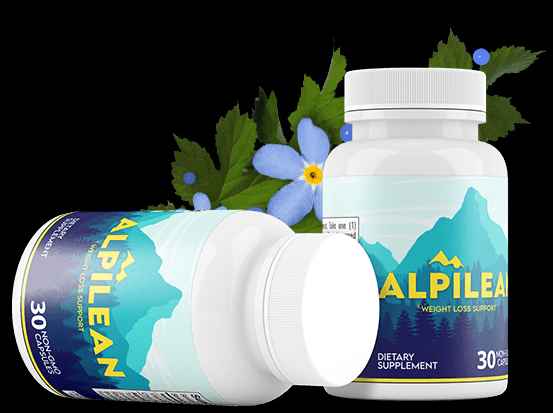
The alpine secret for healthy weight loss

The Most Potent Fast-Acting Formula For Incinerating Stubborn Fat

Real Cortexi Users Real Life‑Changing Results
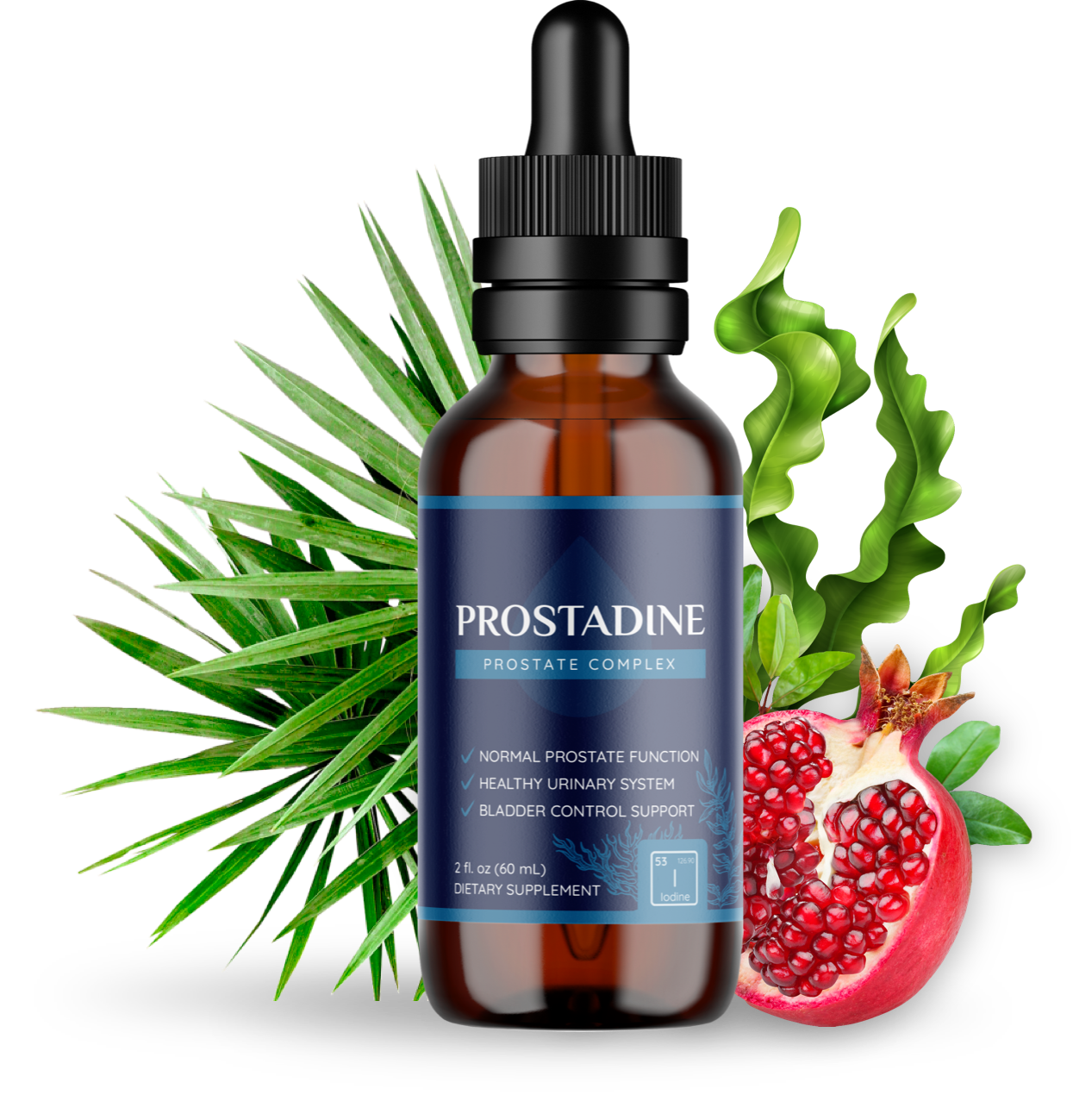
This Cold Drink Might Trigger Your Prostate
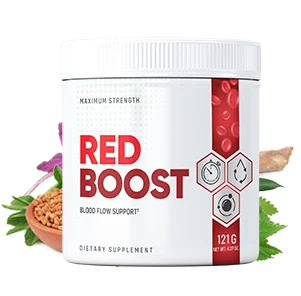
Red Boost is a powerful new formula for boosting male sexual health.
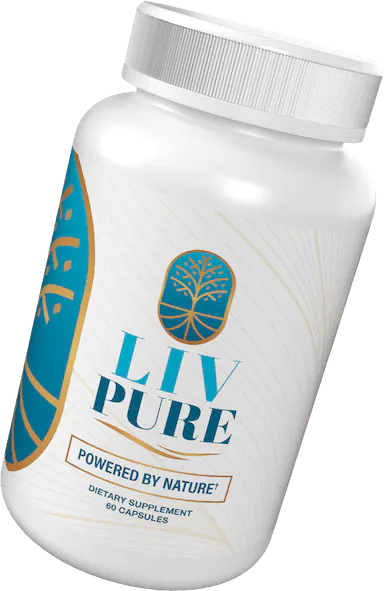
Everything you eat or drink eventually reaches your liver for processing.

Brand New Probiotics Specially Designed For The Health Of Your Teeth And Gums

Empowering You to Take Control of Your Blood Sugar Health!

Scientists Finally Discover the Root Cause of Belly Fat and Unexplained Weight Gain
